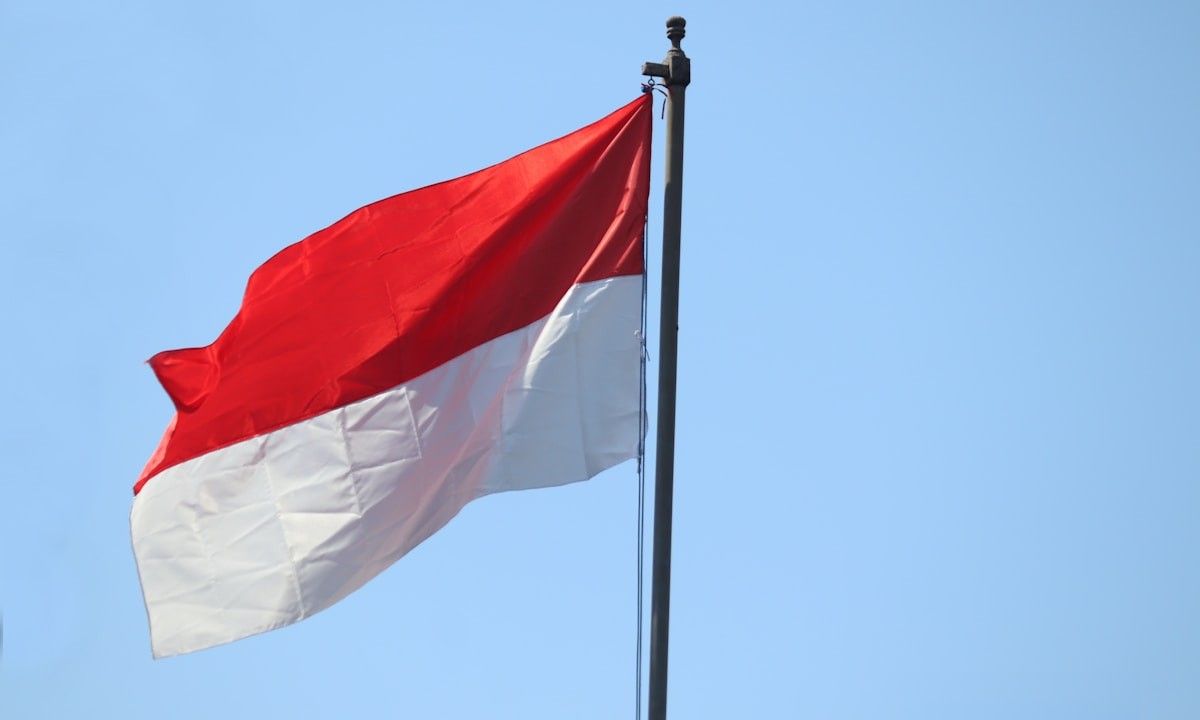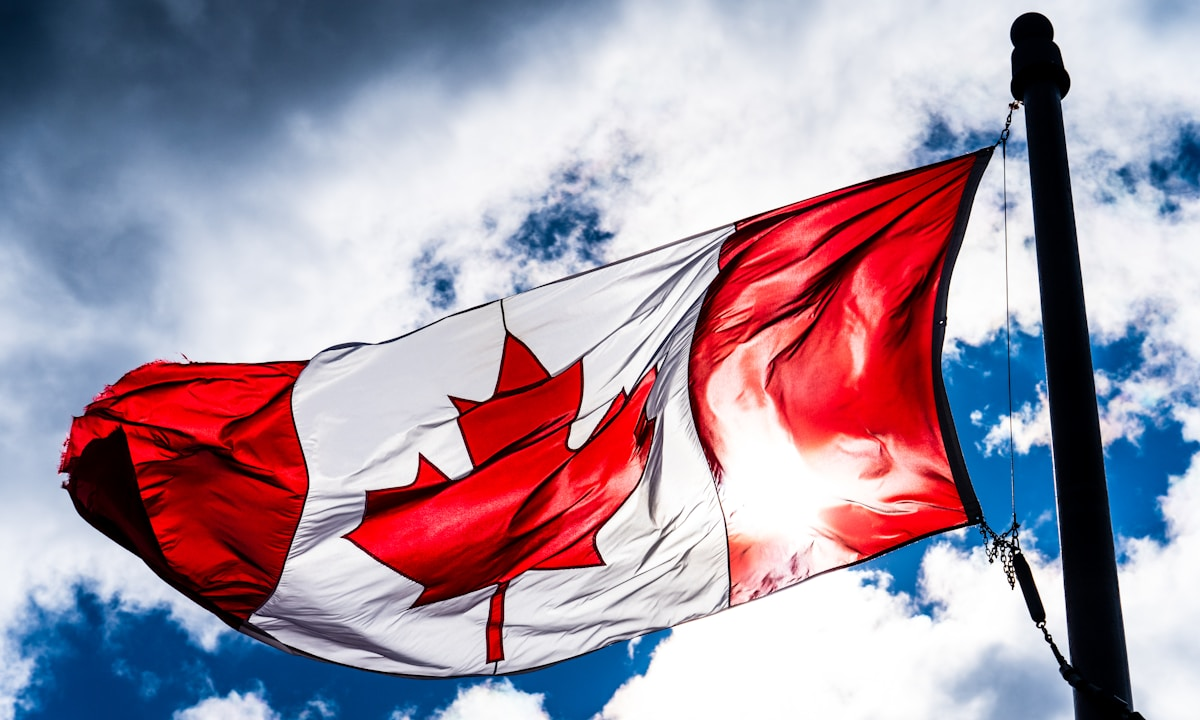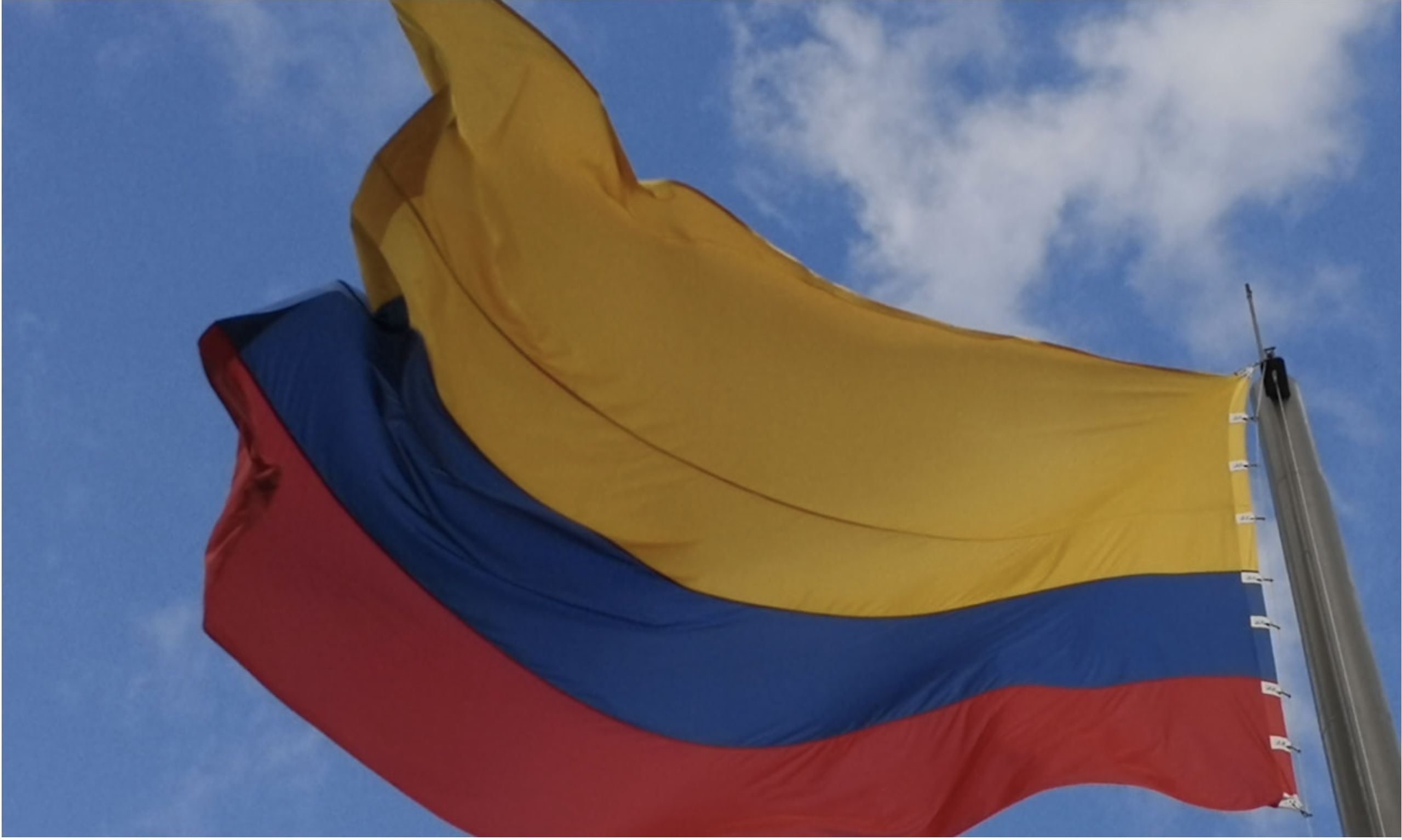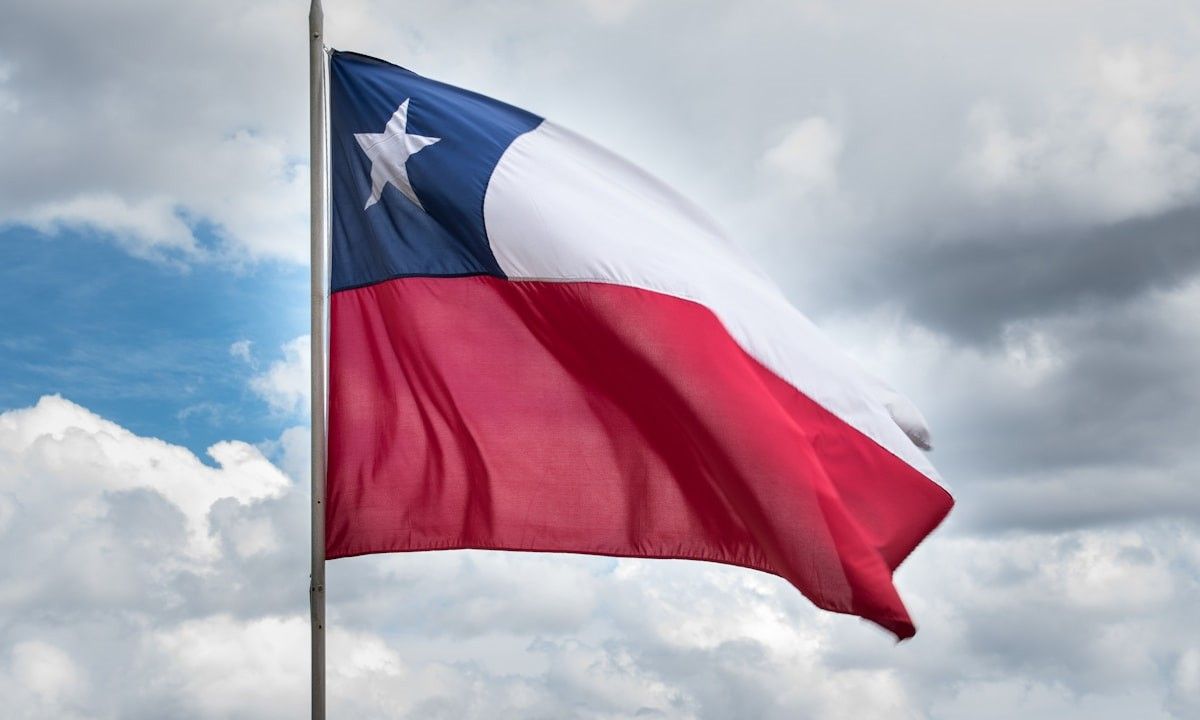International Markets, Week in Review
Hong Kong: Autonomy under pressure
The Basic Law that has served as a de facto constitution for Hong Kong since its transfer from British to Chinese rule in July 1997 established a quasi-liberal political order, an arrangement endorsed by the Chinese legislature in 1990 and overtly acknowledged by Beijing through Hong Kong’s designation as a special administrative region (SAR) of China under the so-called “one country, two systems” model. However, encroachment by the Communist Party regime in Beijing has undermined the “special” characteristics differentiating Hong Kong from the mainland—adherence to the rule of law, protection of basic civil liberties and maintenance of a partially democratic system of government—in the process jeopardizing the SAR’s attractiveness as a global financial center, trade hub and destination for international investment.
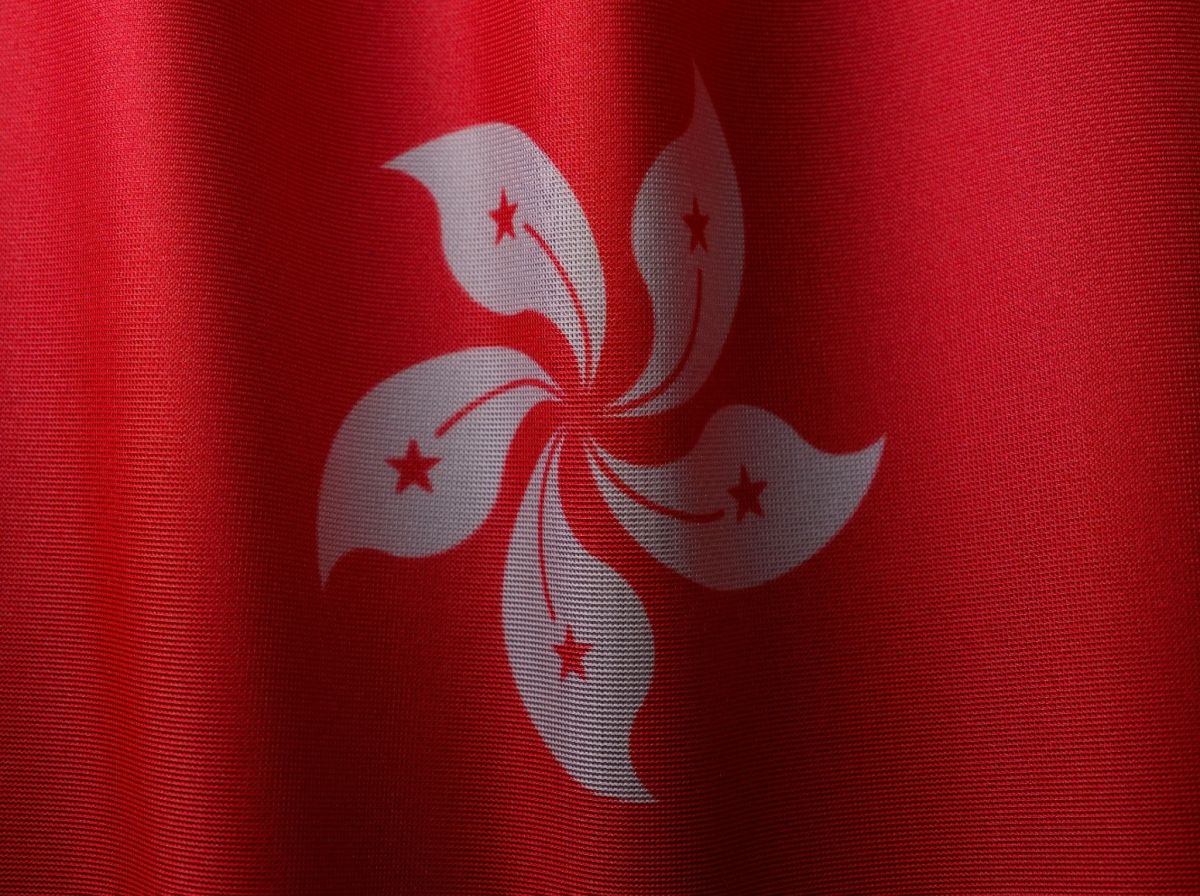
The Basic Law that has served as a de facto constitution for Hong Kong since its transfer from British to Chinese rule in July 1997 established a quasi-liberal political order, an arrangement endorsed by the Chinese legislature in 1990 and overtly acknowledged by Beijing through Hong Kong’s designation as a special administrative region (SAR) of China under the so-called “one country, two systems” model. However, encroachment by the Communist Party regime in Beijing has undermined the “special” characteristics differentiating Hong Kong from the mainland—adherence to the rule of law, protection of basic civil liberties and maintenance of a partially democratic system of government—in the process jeopardizing the SAR’s attractiveness as a global financial center, trade hub and destination for international investment.
However, the prosecution of dozens of democracy activists under provisions of a security law imposed by the mainland government in 2020 and changes to the electoral rules that significantly diminished the influence of popularly elected representatives within the LegCo have completely reshaped the domestic political landscape. Having neutralized the prodemocracy opposition with the direct assistance of Beijing, the incumbent SAR government headed by Chief Executive John Lee decided to move forward with a home-grown security measure (SNSO) in early 2024, passage of which was achieved with unusual speed and prompted only muted protests.
The SAR is continuing to prosecute pro-democracy activists under the 2020 security law. In May, 14 defendants were convicted on subversion charges stemming from a plan to hold an unauthorized primary election with the aim of reaching consensus on a short list of candidates, thereby reducing competition within the pro-democracy camp at the LegCo elections. The basis for the subversion charges was the opposition’s stated goal of winning enough seats to veto legislation, which authorities claimed would lead to government instability that undermined Hong Kong’s security.
The convictions in the subversion case and the more recent high-profile prosecution of two journalists on sedition charges suggest that the new security law is largely redundant. Nevertheless, the legislation approved in March 2024 is not insignificant. The trappings of a security state imposed from the outside by Beijing in 2020 have now been codified and embedded in the SAR’s charter of government, to the substantial and presumably permanent detriment of the rule of law. The heavy focus on protection of state secrets and deep suspicion of foreign influences evident in the SNSO’s provisions—both of which reflect the security priorities of the mainland regime—create risks for non-Chinese entities, including foreign business operations, which could find themselves on the wrong side of ill-defined legal restrictions if they do not take care to steer clear of politically dangerous ties to local associates.
It is likely that those foreign businesses that have not yet pulled up stakes amid Hong Kong’s illiberal turn may remain, but the SAR could struggle to attract newcomers. The government is hoping to woo tourists and investors by highlighting the restoration of domestic political tranquility following the upheaval of 2019-2020. However, the negative international response to the new security law holds the potential to cause lasting reputational damage and unwelcome legal challenges.
The number of tourist arrivals rose sharply last year, reflecting the lifting of mainland health restrictions, but the post-pandemic high of 4.08 million visitors recorded in August 2023 is still well below the pre-COVID average of about 5.7 million per month, and the numbers have leveled off below 4 million per month in the current year. Real GDP growth averaged slightly more than 3% (year-on-year) in the first half of 2024, with the improved performance of the exports sector and increased public investment offsetting the dampening effect of softer private consumption.
On balance, real GDP growth is forecast to average close to 3% this year. However, renewed signs of trouble for the mainland economy pose a potential downside risk for the SAR’s economic performance in 2024-2025.
The government’s financial position is not particularly worrisome, but a third consecutive sizeable deficit will shrink fiscal reserves to less than $90 billion by next year, a reduction of more than 40% compared to the pre-pandemic figure. Officials intend to prioritize rebuilding the reserves cushion, which will require a level of fiscal restraint that suggests medium-term growth is likely to average in the lower half of the Department of Finance’s 2.5%- 3.5% target.
The analysis above is taken from the September 2024 Political Risk Letter (PRL). The best-in-class monthly newsletter, written by the PRS Group, provides concise, easy-to-digest briefs on up to 10 countries, with additional recaps updating prior month’s reports. Each month’s Political and Economic Forecasts Table covers 100 countries, with 18-month and five-year forecasts for KPIs such as turmoil, financial transfer and export market risk. It also includes country rating changes, providing an excellent method of tracking ratings and risk for the countries where credit professionals do business. FCIB and NACM members receive a 10% discount on PRS Country Reports and the PRL by subscribing through FCIB.

